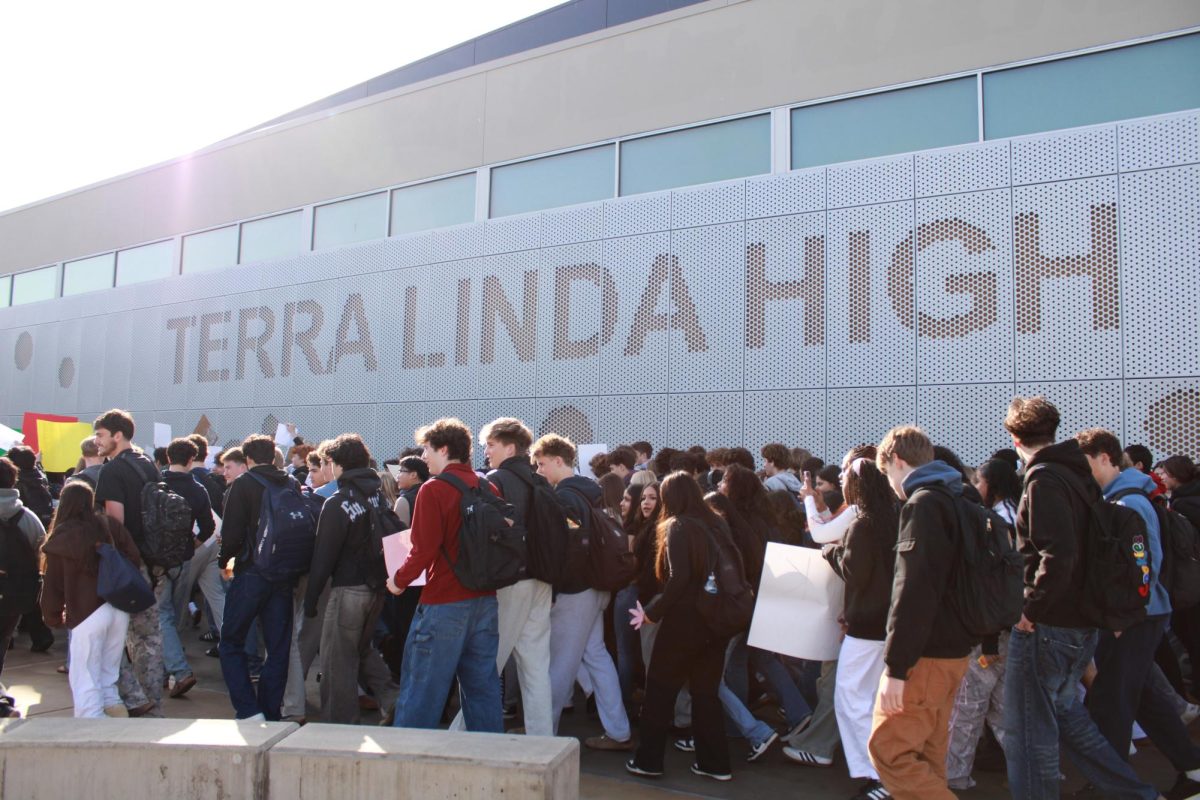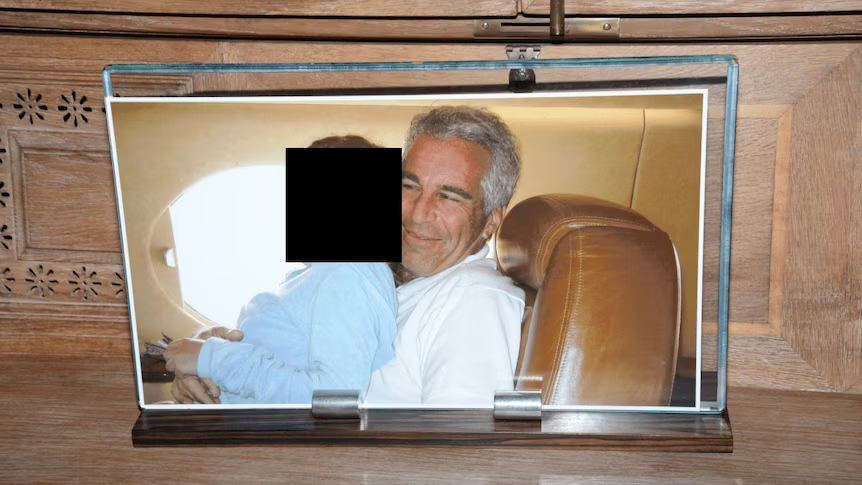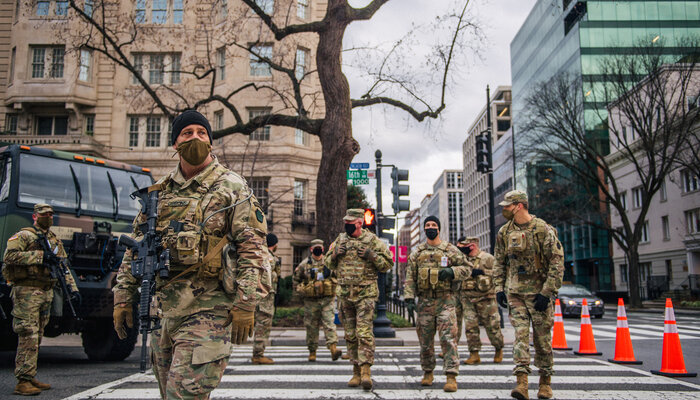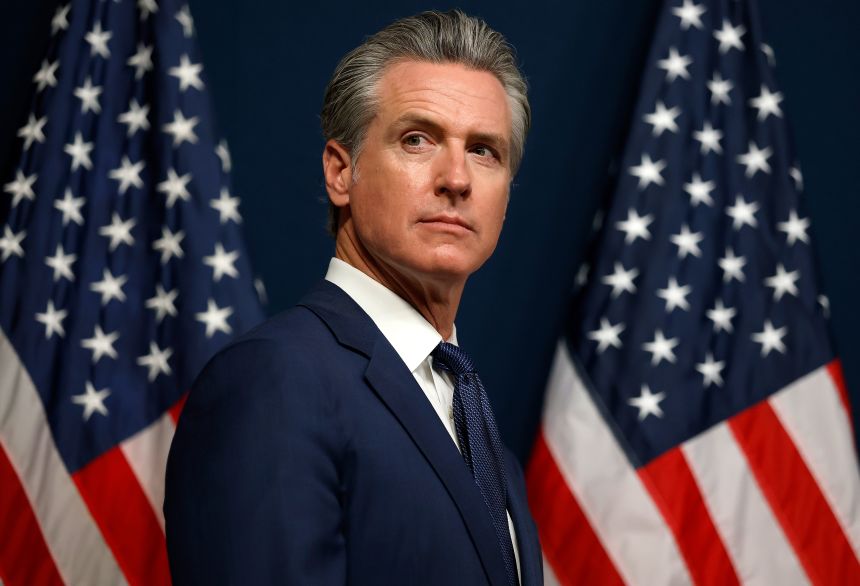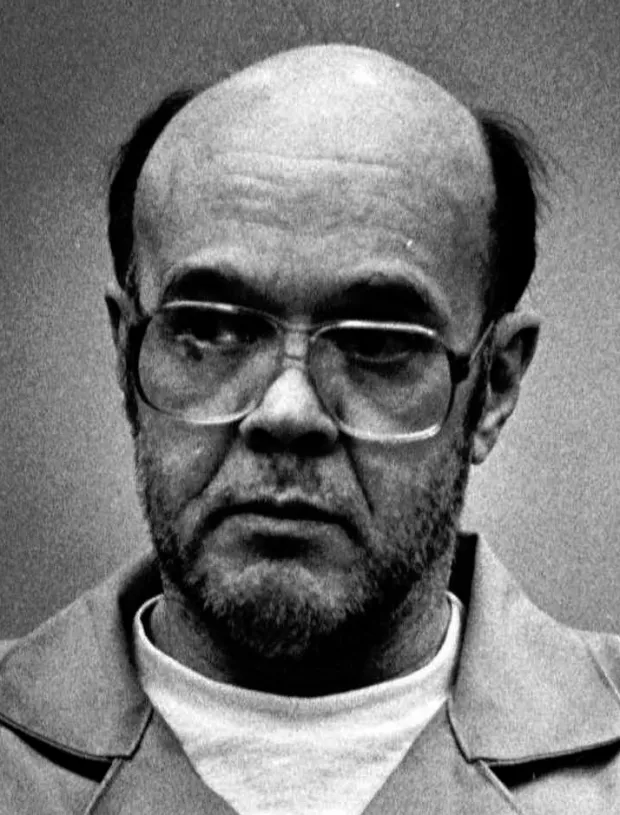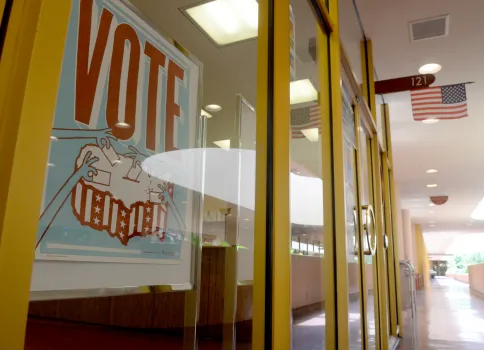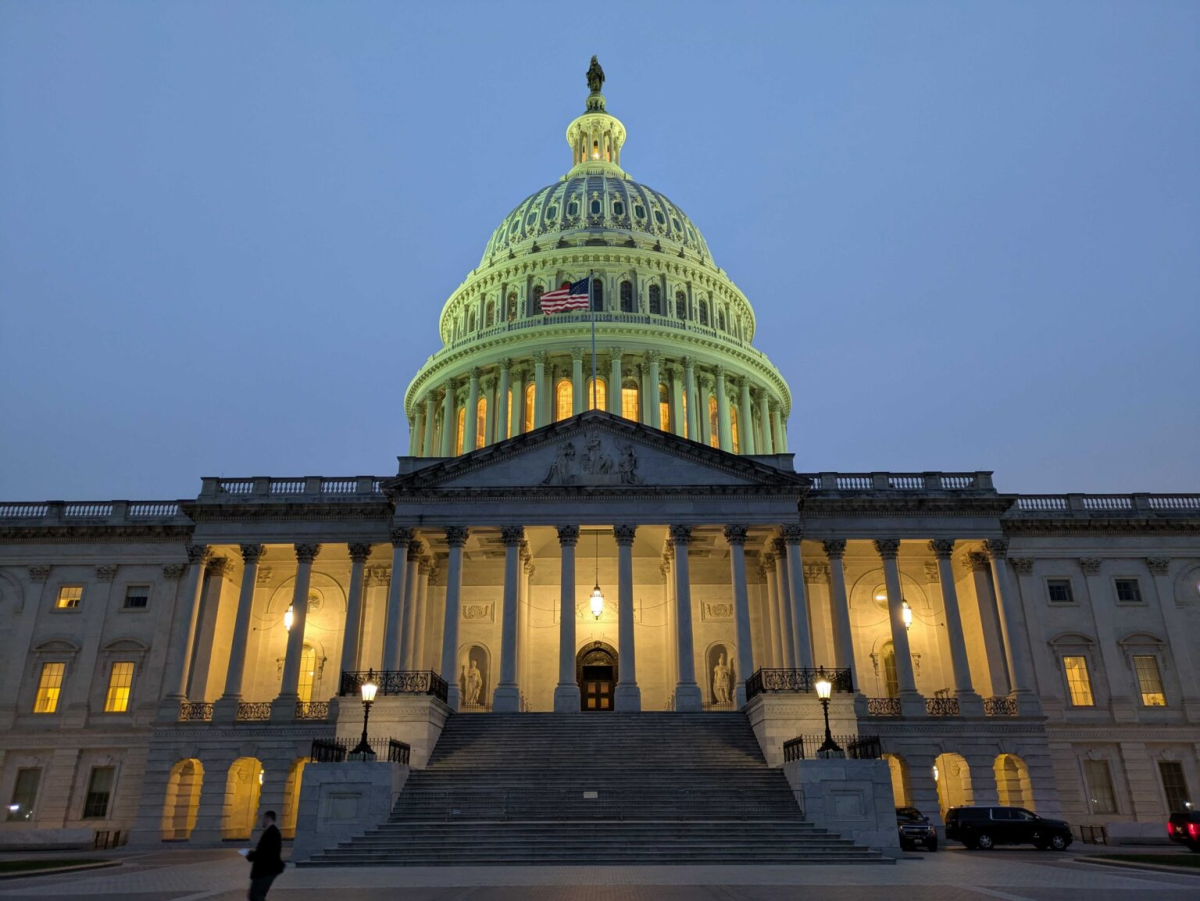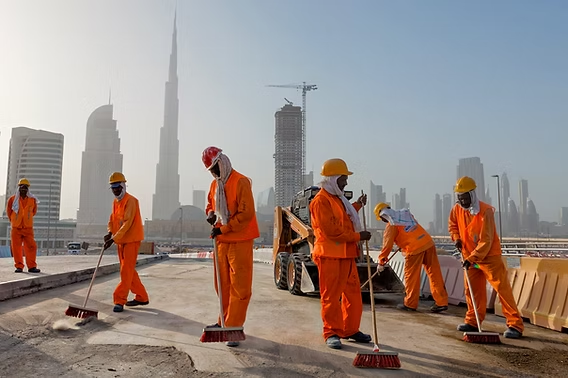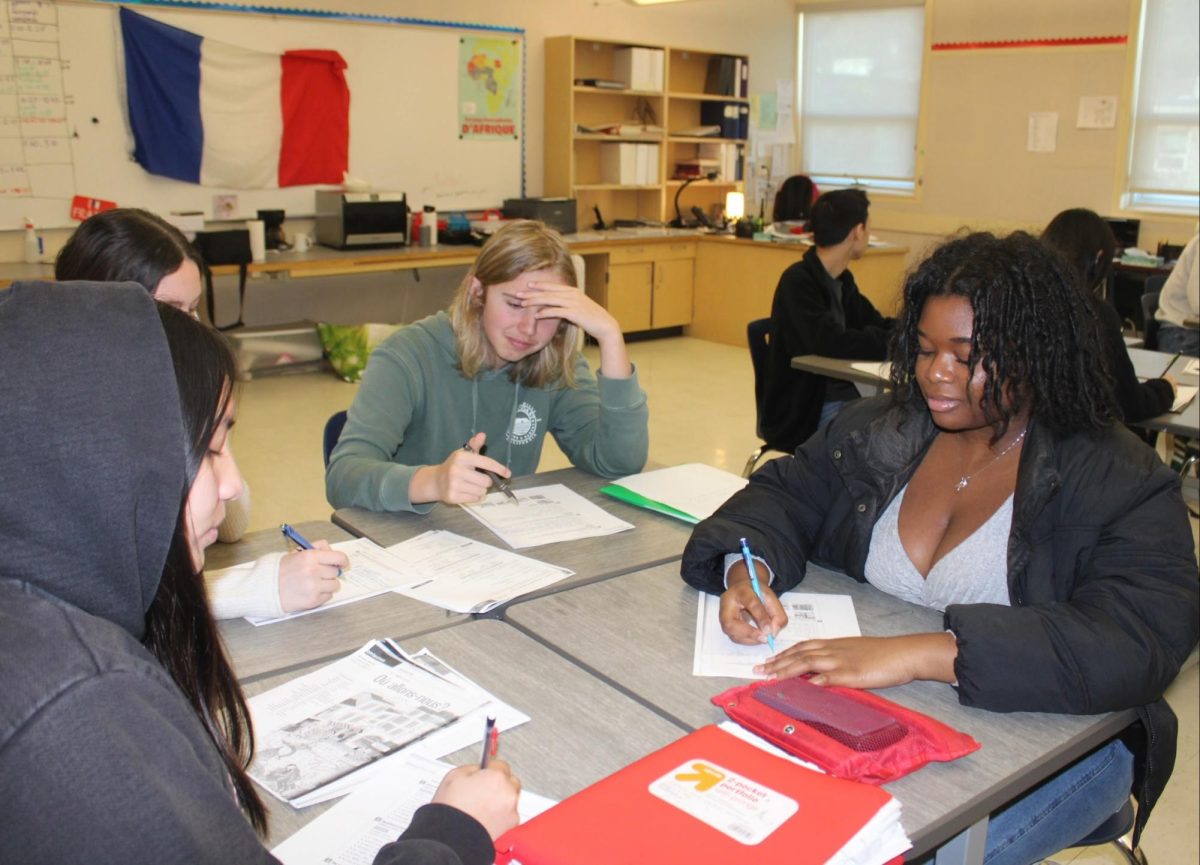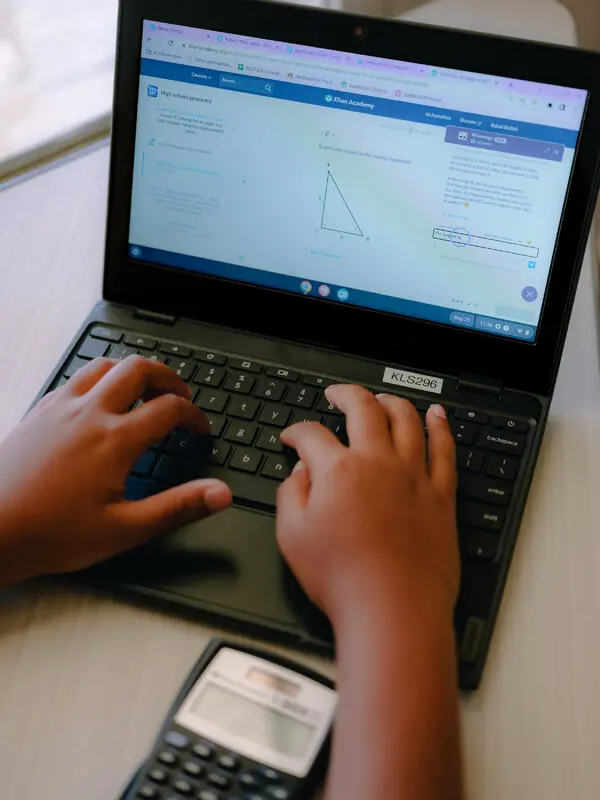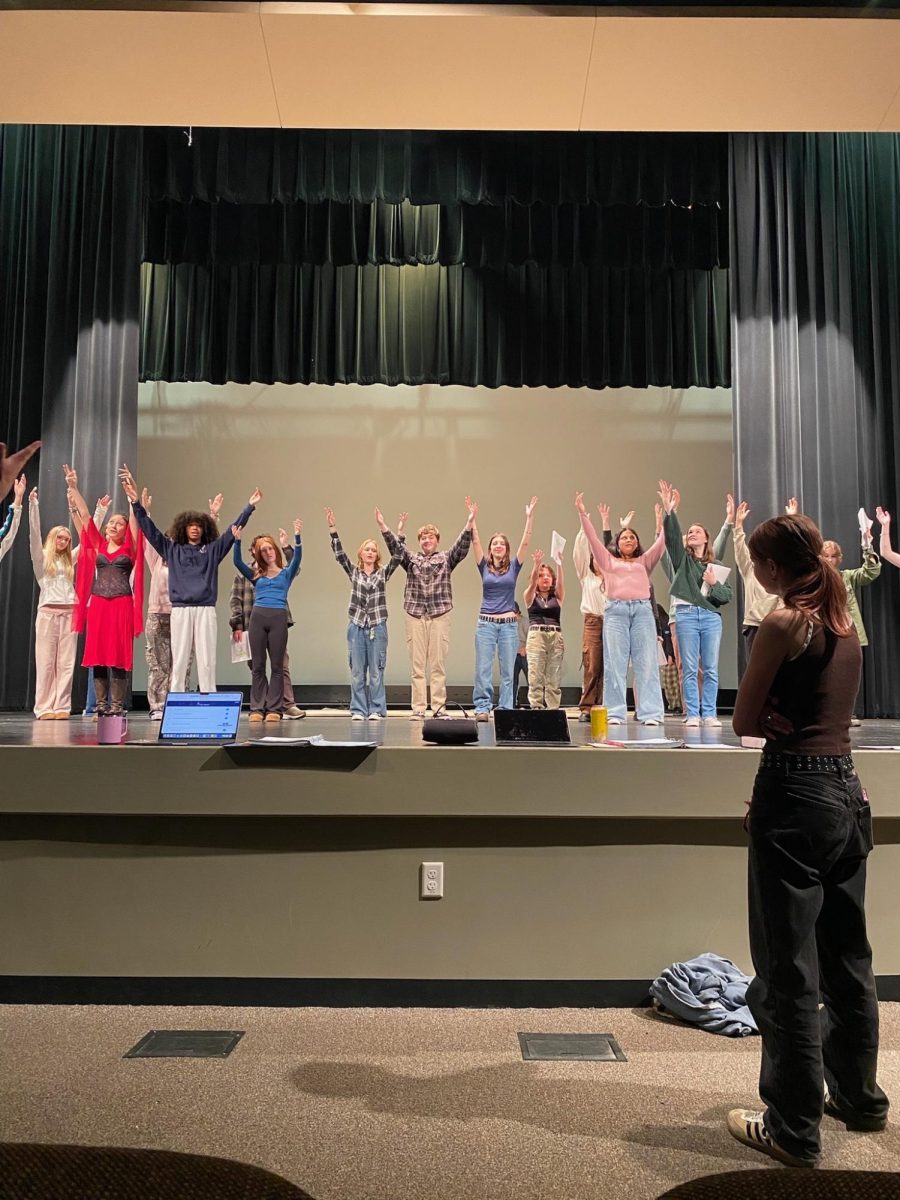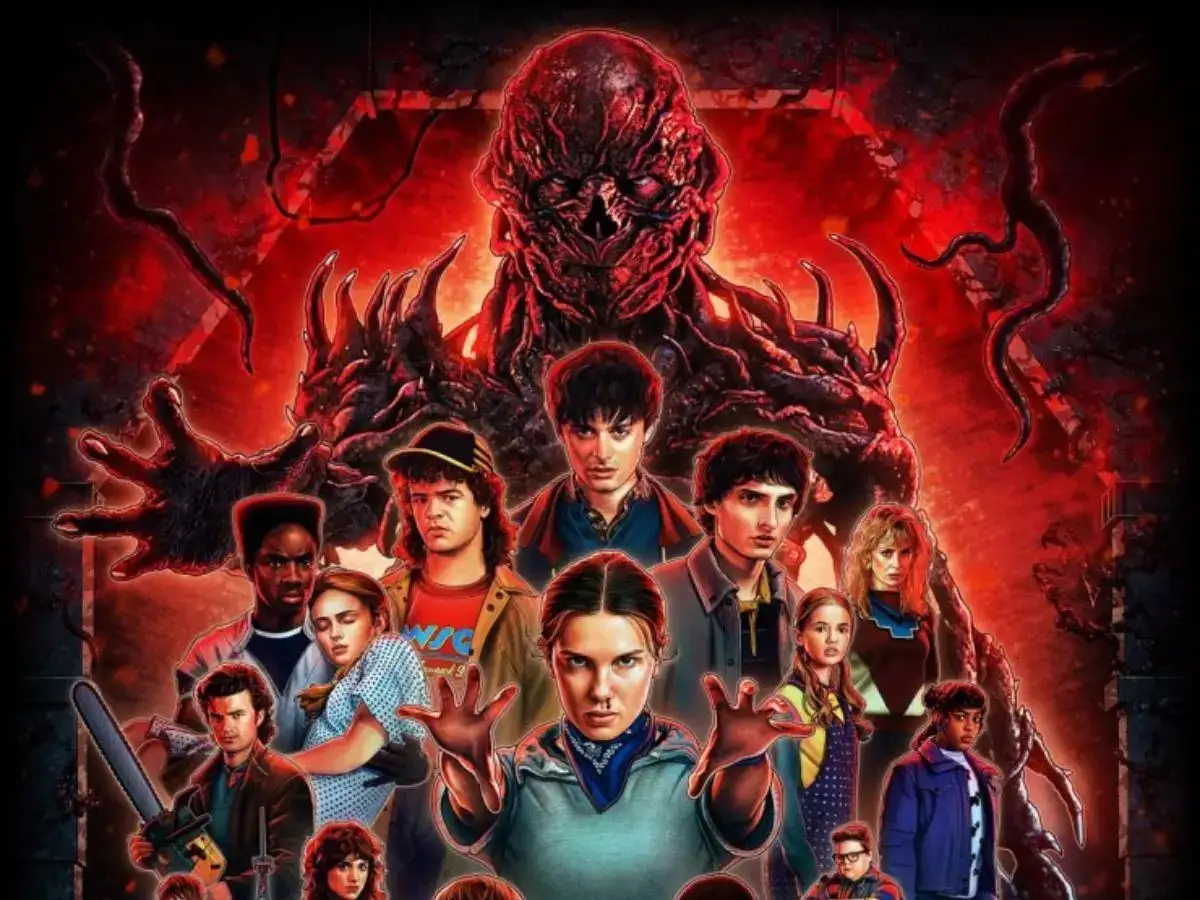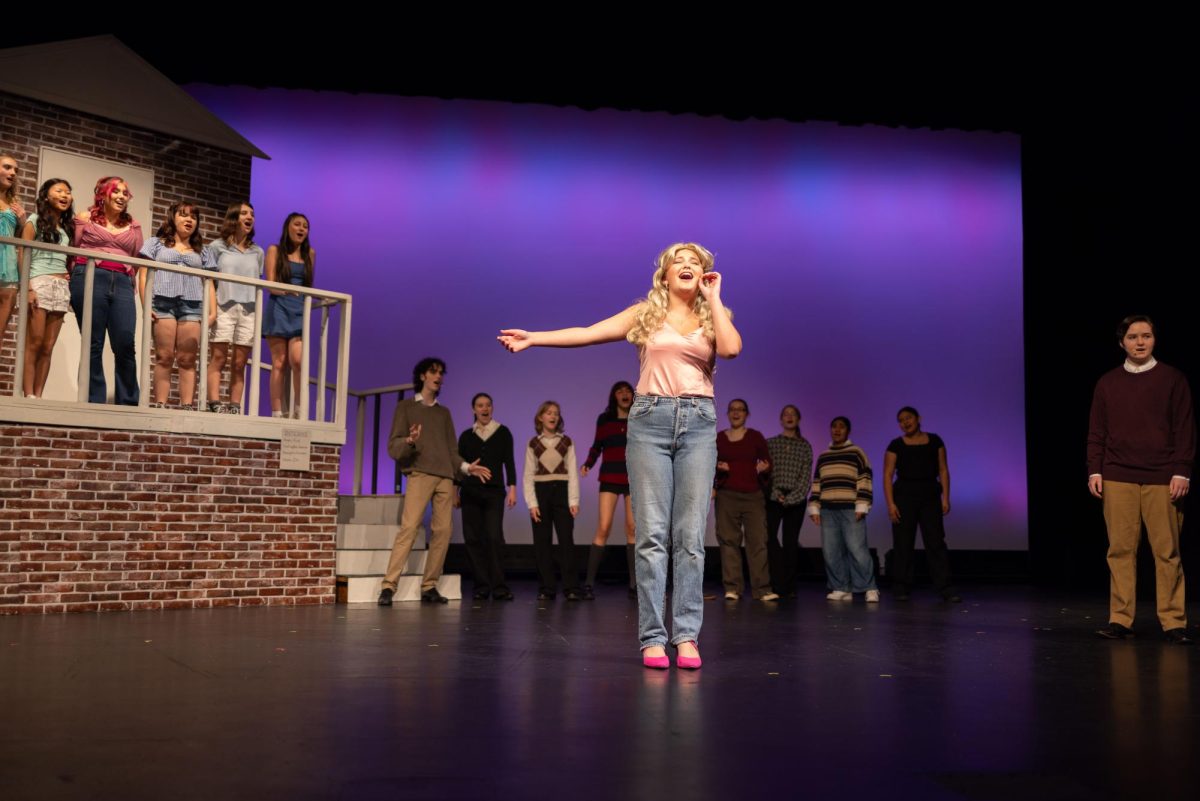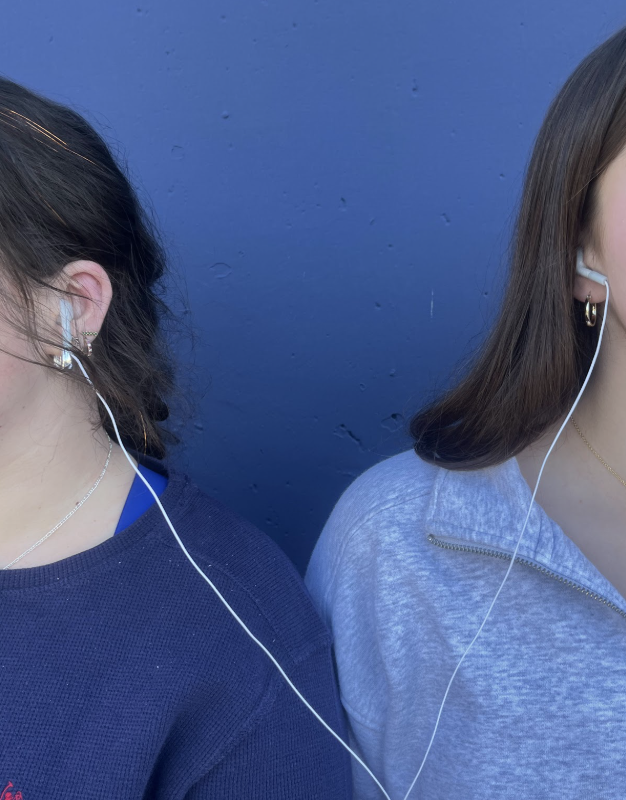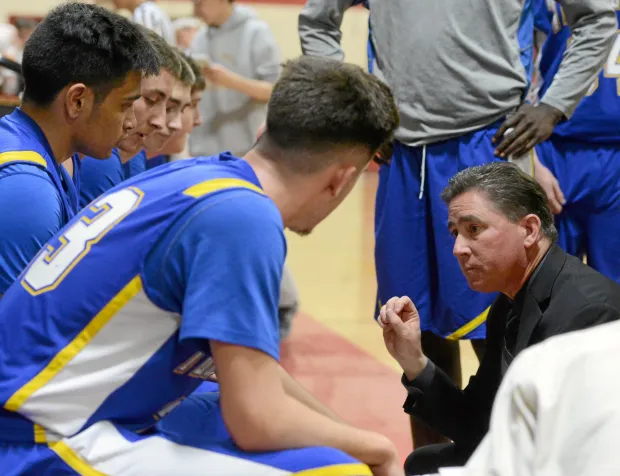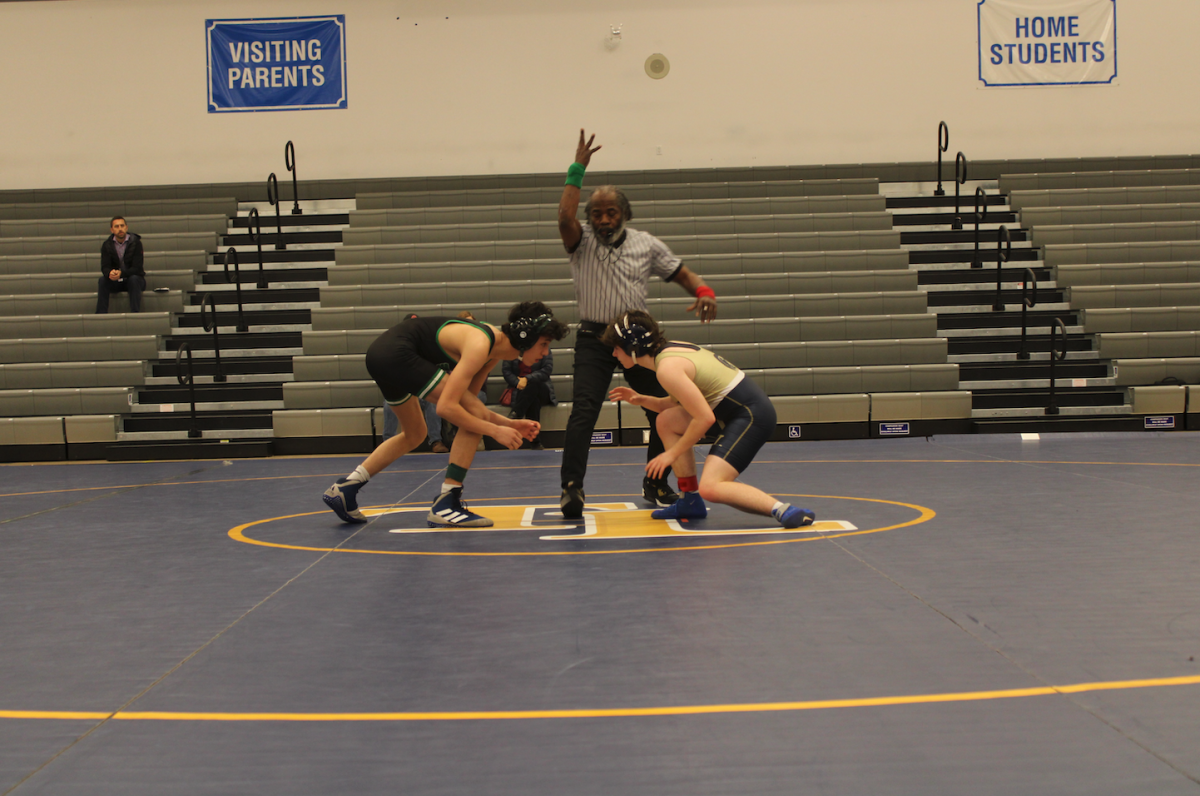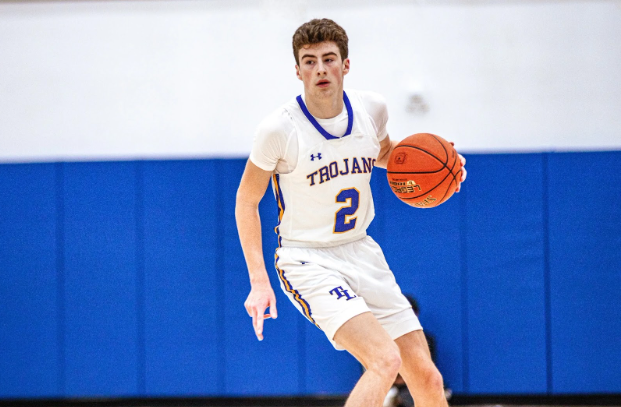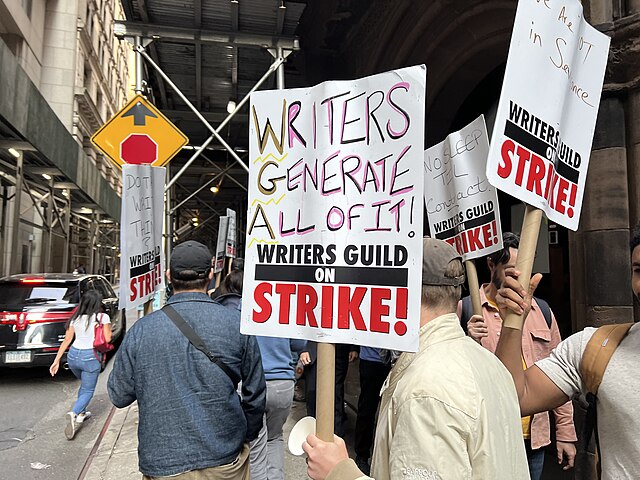Artificial intelligence and streaming services: Two technologies that are fairly new but have already managed to throw the writing world into upheaval. As of late, it is becoming more and more difficult for actors and writers to make a living off of their hard work and they do not believe that they are receiving fair, stable, compensation. With shows nowadays residing on streaming services where series have fewer seasons and episodes, this makes it hard for writers to find consistent jobs. Additionally, writers do not receive residuals aligned with how much a piece of media is viewed and are only paid a fixed amount. Factors such as these and more have sent writers and actors alike onto the picket lines, brandishing signs and demanding their voices be heard.
On May 2nd of this year, the Writer’s Guild of America (WGA), an organization that represents two unions and upward of 11,000 writers, officially went on strike. After failing to negotiate a fair contract with the Alliance of Motion Picture and Television Producers (AMPTP), they decided this was the best course of action and the only way their demands would be taken into account. This strike has come with the price of many upcoming or ongoing shows and movies ultimately being brought to a sudden halt. Some well-known titles that have paused production include the final season of Stranger Things, the second season of Wednesday, and the last installment of Miles Morales’ story in Spider-Man: Beyond the Spider-Verse, as well as numerous talk shows and award shows.
Terra Linda’s teacher Dave Tow is disheartened to find that some media that he enjoyed has been shelved for the time being, but he is willing to go without it for the benefit of the cause. “If me not getting my content is the cost for people to get better pay, then that’s a sacrifice I’m willing to make,” Tow said. He continually expressed his support for the unions and thinks what they are doing is needed in order for a change to be made. In regards to the topic of artificial intelligence coming into play, Tow pointed out that it is only a problem if we keep the relationship between Hollywood writers and studios the same and do not adapt to it. “If we recognize that these tools also bring opportunities to think about what we do and maybe change things, then it can be a positive, productive thing.”
On the other hand, Sahaj Malik, a Junior at TL, views the issue of AI in a more negative light. She acknowledges that it may be useful in special circumstances but not as a part of everyday life and media. “I think [the strikes] are necessary because AI is just a big thing happening in our world right now. AI should only be used for things when absolutely necessary, not for our usual enjoyment,” said Malik. She also mentioned there is a risk that AI continues to become more prevalent so it’s best that changes are made now before its use increases even further. “More AI technologies are coming so it might get worse, so these strikes are absolutely necessary,” she concluded.
TL Senior Devin Adelmann shares similar views when it comes to AI, stating “AI takes inspiration from copyrighted material, which makes it so full originality is not possible.” While she addressed the inconvenience of the strikes by saying “Many people get their news and entertainment from sources that are now on hold due to these strikes,” Adelmann also believes that these demonstrations are needed and that they are the only way that the voices of the writers will be heard.
Overall, it appears that while many members of the Terra Linda community may be dismayed by the lack of new content being released during these times, they mainly have an understanding of the cause and remain in support of it. Without an end to this ordeal yet in sight, we can all hope that this will be resolved fairly and productively in a way that moves the film and TV industries forward and that these creative processes can soon resume.


